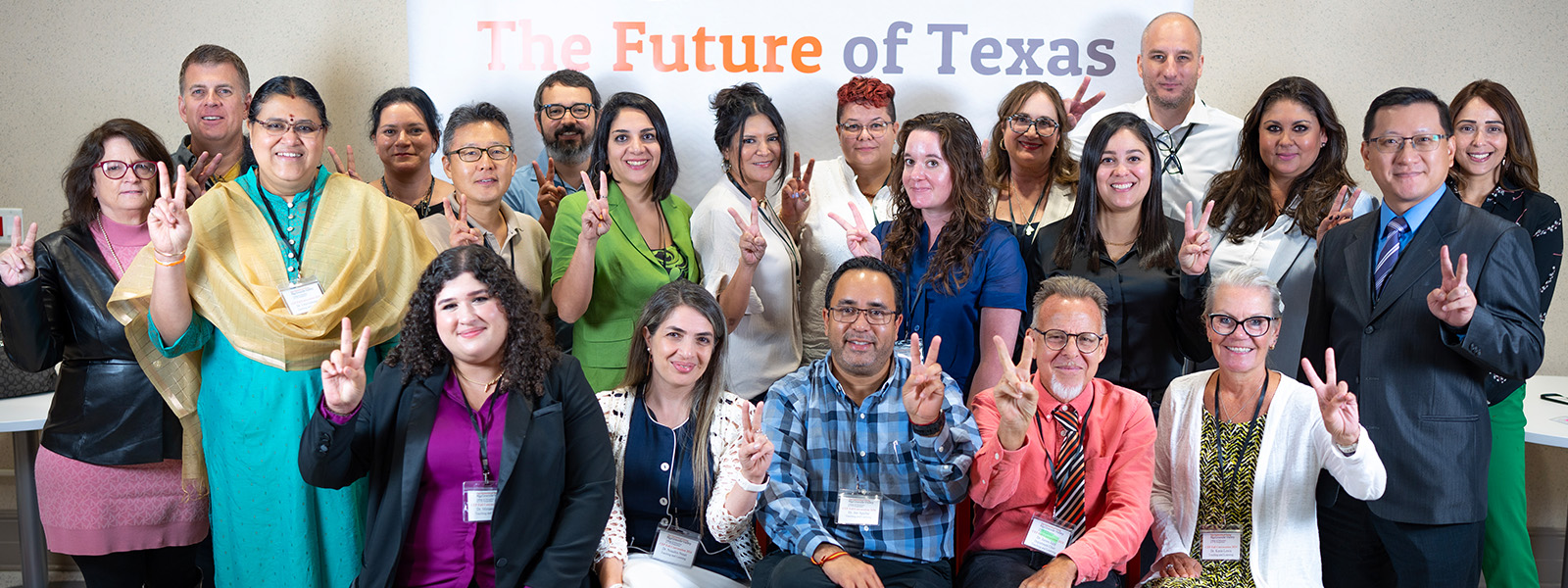
Teaching and Learning Faculty Publications
The privilege of staying dry: The impact of flooding and racism on the emergence of the “Mexican” ghetto in Austin’s low-east side, 1880–1935
Document Type
Book
Publication Date
2012
Abstract
Environmental racism often refers to ways in which non-white minorities are disproportionately exposed to human–created hazards and has often overlooked how the exposure to natural hazards is also unevenly borne by members of society. Examining a case study of flooding in Austin, Texas, this chapter will demonstrate how the valuation of land based on vulnerability to natural hazards was intertwined with policies of white supremacy. Flooding had a substantial role in shaping the changing historical geographies of race and class in the city during the era of Jim Crow, when state policy actively promoted anti-black racism to disenfranchise non-whites. One of the privileges that non-whites were denied was “staying dry.” In Austin, however, it is important to note that Jim Crow also meant the subjugation, racialization, and devaluation of Mexican and Mexican-American residents, as well as African-Americans. In order to understand the ways in which non-white minorities were exposed to increased risk of flooding, it is crucial to understand the city’s tri-racial form of segregation and valuation. In Texas, and throughout the Southwest, limiting our understanding of the powerful effects of being non-white to just African-Americans masks decades of injustices and ignores the crucial role that the “darkening” of Hispanics played in leaving them more vulnerable to environmental risk. DOWNLOAD
Recommended Citation
Tretter E.M., Adams M. The privilege of staying dry: The impact of flooding and racism on the emergence of the “Mexican” ghetto in Austin’s low-east side, 1880–1935. In: Dooling S., Simon G., editors. Cities, Nature and Development: The Politics and Production of Urban Vulnerabilities. Ashgate; London, UK: 2012. pp. 187–205. https://doi.org/10.4324/9781315572123
Publication Title
Cities, Nature and Development: The Politics and Production of Urban Vulnerabilities
DOI
10.4324/9781315572123

